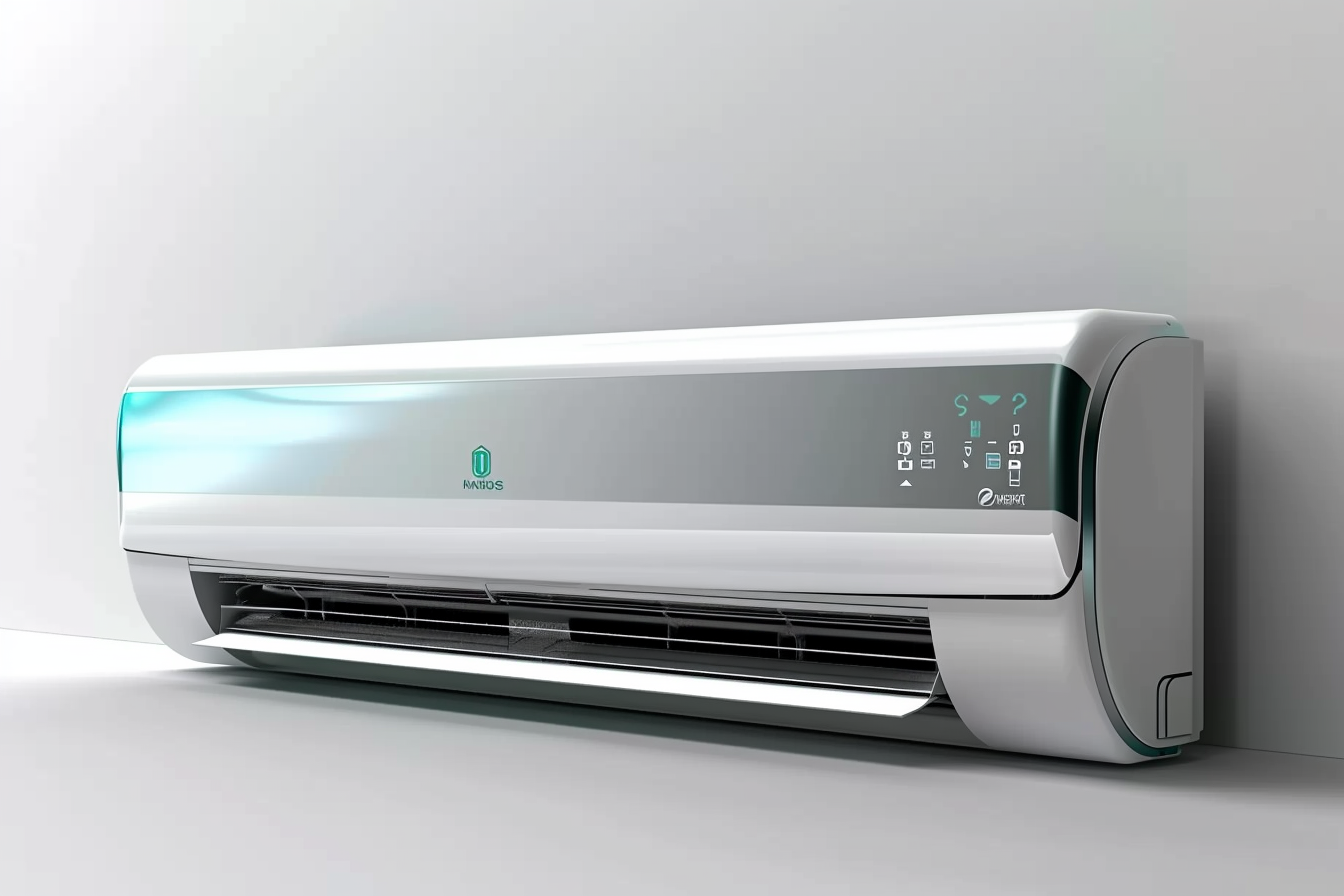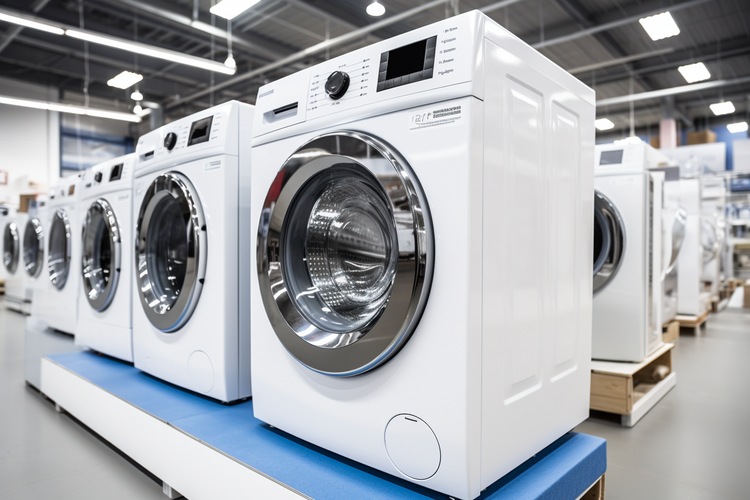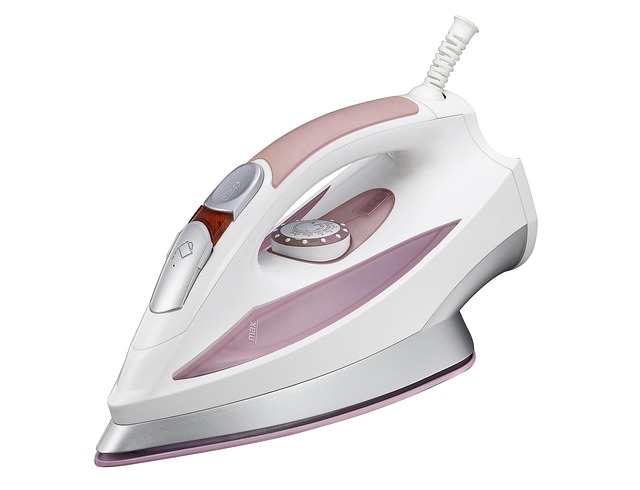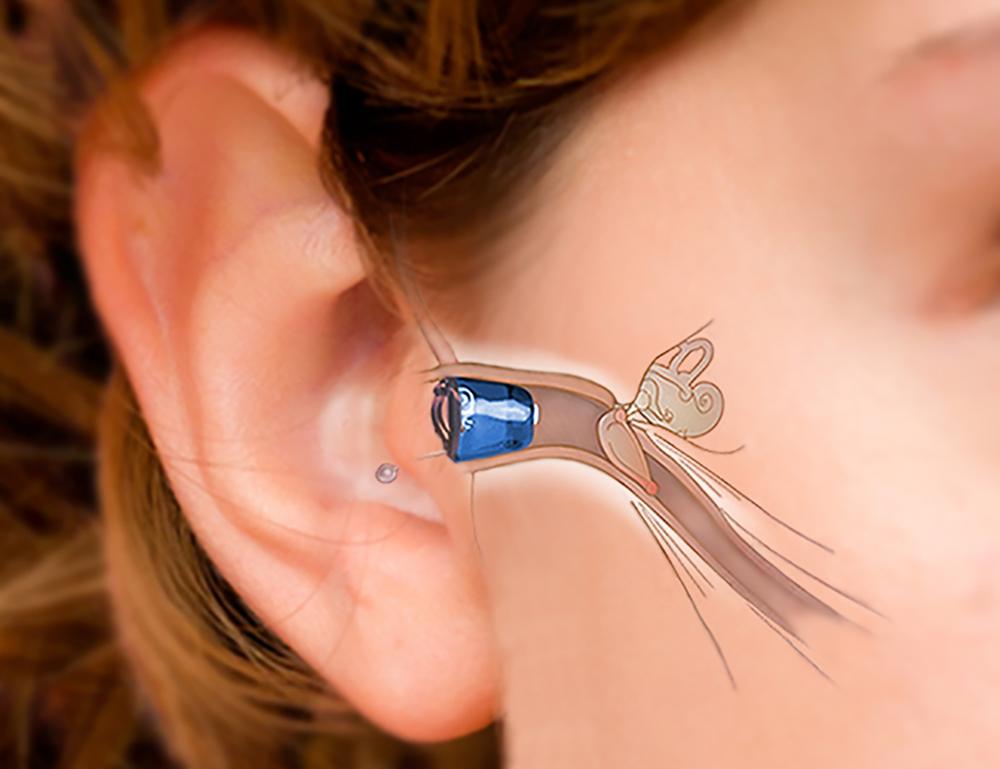How to Improve Your Hearing Experience with Modern Devices
Modern hearing technology has transformed the way people manage hearing loss, offering solutions that are discreet, effective, and tailored to individual needs. Whether you're experiencing mild hearing difficulties or more significant challenges, understanding how today's devices work and what options are available can help you make informed decisions. This guide explores the benefits of early intervention, the role of hearing aids in managing related conditions, and practical tips for selecting the right device to enhance your quality of life.
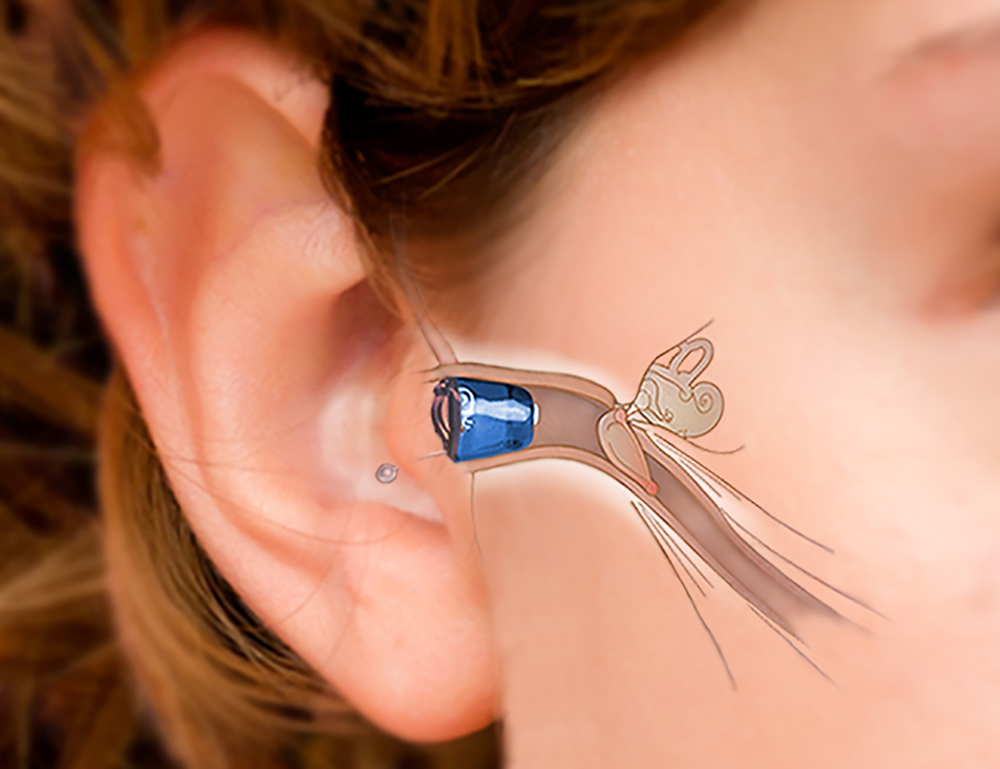
Hearing loss affects millions of people worldwide, yet many delay seeking help due to misconceptions or uncertainty about available solutions. Modern hearing devices have evolved significantly, incorporating advanced technology that not only amplifies sound but also improves clarity, reduces background noise, and adapts to different listening environments. For New Zealanders experiencing hearing difficulties, exploring these options early can make a substantial difference in daily communication, social engagement, and overall well-being.
Understanding the range of devices available, their features, and how they address specific hearing challenges is essential for anyone considering hearing support. From digital hearing aids to assistive listening devices, the choices can seem overwhelming at first. However, with the right information and professional guidance, finding a solution that fits your lifestyle and hearing needs becomes much more manageable.
Why Early Hearing Aid Use Matters
Addressing hearing loss as soon as it becomes noticeable offers numerous advantages that extend beyond simply hearing better. Research consistently shows that early intervention helps preserve cognitive function, as the brain continues to process sounds effectively rather than adapting to diminished auditory input. When hearing loss goes untreated, the auditory pathways in the brain can weaken over time, making it harder to understand speech even when hearing aids are eventually used.
Early hearing aid adoption also supports mental health and social connection. People with untreated hearing loss often experience isolation, frustration, and increased risk of depression as communication becomes more challenging. By using hearing devices early, individuals maintain their ability to participate fully in conversations, social gatherings, and professional environments. This proactive approach helps prevent the gradual withdrawal that many people experience when hearing difficulties go unaddressed.
Additionally, starting with hearing aids early allows users to adapt more easily to amplified sound. The adjustment period is typically shorter and less overwhelming when hearing loss is mild to moderate, compared to waiting until significant deterioration has occurred. Early users often report greater satisfaction with their devices and experience fewer challenges with sound quality and comfort.
Can Hearing Aids Help with Tinnitus
Tinnitus, characterized by ringing, buzzing, or other phantom sounds in the ears, affects many people with hearing loss. Modern hearing aids can provide meaningful relief for tinnitus sufferers through several mechanisms. By amplifying external sounds, hearing aids help mask the internal noise of tinnitus, making it less noticeable throughout the day. This sound enrichment approach gives the brain more external auditory input to process, reducing the prominence of tinnitus sounds.
Many contemporary hearing devices include specific tinnitus management features, such as sound therapy programs that generate soothing background sounds like white noise, nature sounds, or gentle tones. These features can be customized to match the frequency and intensity of an individual’s tinnitus, providing targeted relief. Some devices allow users to adjust these settings throughout the day depending on their environment and tinnitus severity.
It’s important to note that while hearing aids can significantly reduce tinnitus perception and improve quality of life, they may not eliminate tinnitus entirely for everyone. The effectiveness varies depending on the underlying cause of tinnitus, the degree of hearing loss, and individual factors. Consulting with an audiologist who specializes in tinnitus management can help determine whether hearing aids with tinnitus features would be beneficial for your specific situation.
How to Choose the Right Hearing Device for Your Needs
Selecting the appropriate hearing device involves considering several factors related to your hearing loss, lifestyle, and personal preferences. The first step is obtaining a comprehensive hearing assessment from a qualified audiologist, who can determine the type and degree of your hearing loss. This information guides recommendations for device styles, from behind-the-ear models to completely-in-canal options, each offering different advantages in terms of power, discretion, and battery life.
Your daily activities and listening environments should heavily influence your choice. If you frequently attend social gatherings, restaurants, or meetings, devices with advanced noise reduction and directional microphones will be particularly valuable. For those who use smartphones regularly, hearing aids with Bluetooth connectivity allow seamless streaming of calls, music, and media directly to the devices. Consider whether rechargeable batteries or traditional disposable batteries better suit your routine and dexterity.
Budget is another practical consideration, as hearing devices vary considerably in price based on their technology level and features. Basic models provide essential amplification, while premium devices offer sophisticated sound processing, automatic environment adjustment, and connectivity features. Many audiologists in New Zealand offer trial periods, allowing you to test devices in real-world situations before making a final decision. Don’t hesitate to ask about warranty coverage, follow-up adjustments, and ongoing support services, as these factors contribute significantly to long-term satisfaction.
Additionally, consider the reputation and accessibility of local hearing care providers. Establishing a relationship with an audiologist who offers convenient appointments for adjustments and maintenance ensures your devices continue performing optimally over time. Some people benefit from starting with mid-range technology and upgrading later, while others prefer investing in advanced features from the beginning.
This article is for informational purposes only and should not be considered medical advice. Please consult a qualified healthcare professional for personalized guidance and treatment.
Making the Most of Your Hearing Devices
Once you’ve selected hearing aids, maximizing their benefits requires patience and active engagement with the adjustment process. Most people need several weeks to fully adapt to amplified sound, as the brain relearns to process auditory information it may have been missing. During this period, wearing your devices consistently throughout waking hours helps accelerate adaptation and ensures you experience the full range of benefits.
Regular follow-up appointments with your audiologist are essential for fine-tuning settings based on your experiences in different environments. Modern hearing aids can be programmed with multiple listening programs optimized for specific situations like quiet conversations, noisy restaurants, or outdoor activities. Learning to switch between these programs and adjust volume as needed gives you greater control over your hearing experience.
Proper maintenance extends the life and performance of your devices. Daily cleaning to remove earwax and moisture, safe storage when not in use, and regular professional servicing keep hearing aids functioning optimally. Many providers offer cleaning kits and guidance on care routines. Battery management is also important, whether you’re using rechargeable devices that need nightly charging or disposable batteries that should be replaced promptly when power diminishes.
Conclusion
Improving your hearing experience with modern devices involves understanding the importance of early intervention, recognizing how hearing aids can address related conditions like tinnitus, and carefully selecting technology that matches your specific needs and lifestyle. Today’s hearing solutions offer remarkable capabilities that go far beyond simple amplification, incorporating intelligent sound processing, connectivity features, and customizable programs that adapt to your daily life. By working closely with qualified hearing care professionals and committing to the adjustment process, you can significantly enhance your ability to communicate, engage socially, and maintain your quality of life. Taking action sooner rather than later ensures you benefit from these technologies when they can make the greatest difference.

